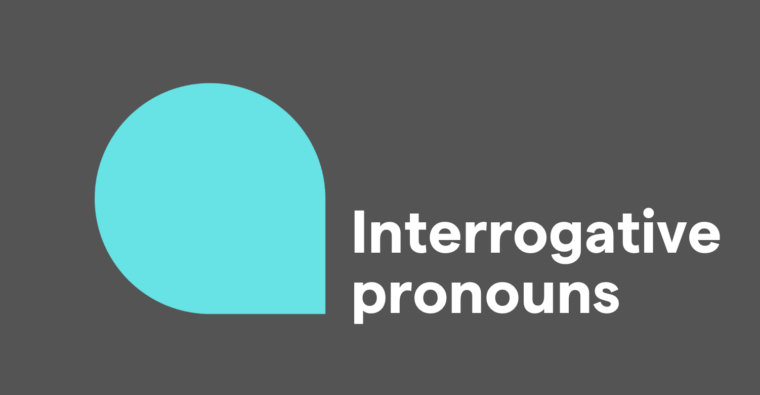Double consonants are frequently found in words that have a suffix added to them.
Even though there’s only one syllable “dropt,” the word is written as if it had two syllables.
When adding certain endings such as -ed, -ing, -er, and -est to words, we sometimes double consonants. These endings represent the past tense, progressive tense, comparative, and superlative respectively. But consonants aren’t always doubled when adding these suffixes, so it’s important to learn the rules of spelling words with double consonants.
Doubling consonants in single-syllable words
When adding suffixes to one-syllable words, it’s helpful to follow the CVC rule. CVC stands for “consonant, vowel, consonant.” When the last three letters of a one-syllable word follow the CVC pattern, the last consonant should be doubled when adding the ending. Consider the examples below:
1 The word “drop” becomes dropped or dropping.
2 The word “big” becomes bigger or biggest.
When the last three letters of the word don’t follow the CVC pattern, don’t double the last consonant:
3 The word “rest” becomes rested, not restted.
Doubling consonants in multi-syllable words
When adding suffixes to words with more than one syllable, the issue is not with consonants and vowels but with which syllable is stressed or emphasized. If the stress is on the first syllable, don’t double the consonant. Consider the following examples:
1 The word “begin” becomes beginning.
Double consonants are used because the emphasis is placed on the second syllable of “begin.”
2 The word “visit” becomes visiting or visited.
Double consonants are not necessary here because the emphasis is placed on the first syllable of “visit.”
When in doubt, it may be helpful to pronounce these two-syllable words out loud to determine which syllable is stressed. This will help you decide whether to use double consonants.






